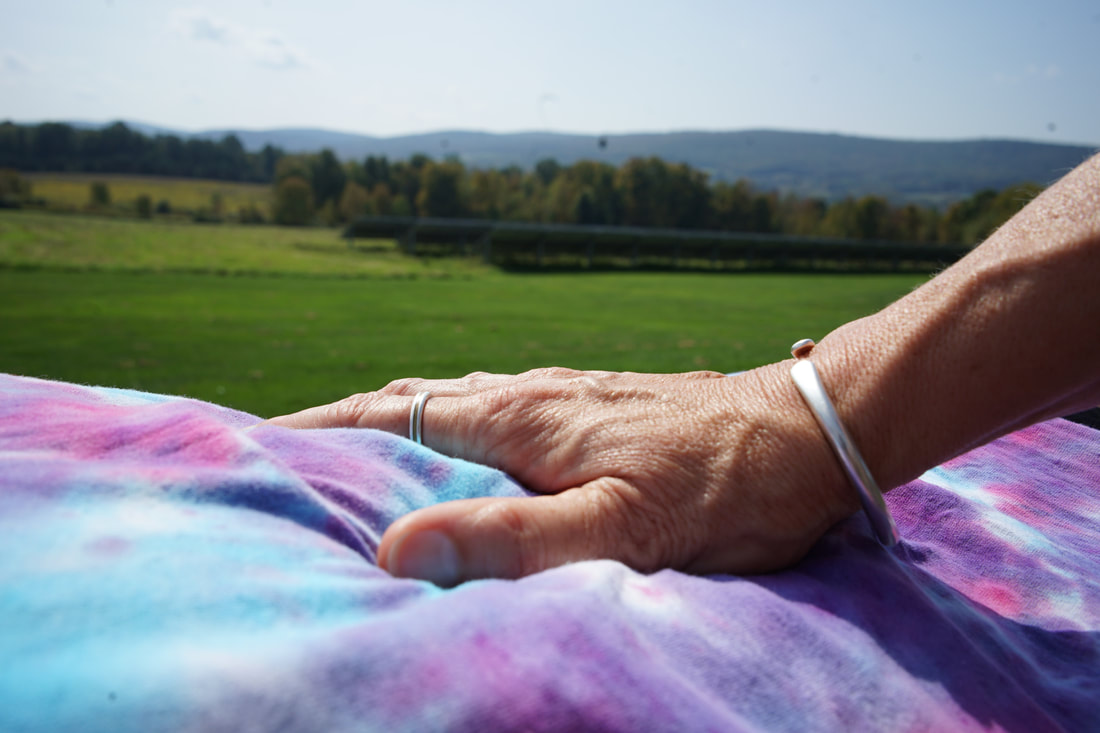Code of Ethics
NIASZIIH students and practitioners shall act with honesty and integrity, creating a safe and intentional healing space, and safeguarding the interest of individual clients.
Students and Practitioners will:
- Have a sincere commitment to provide the highest quality of care to those who seek their healing services.
- Represent their qualifications honestly, including education and professional affiliations, and provide services that are informed by our training in the philosophy of NIASZIIH.
- Have completed a minimum of one year of training, and remain enrolled as a student of wildernessFusion with no more than a one year hiatus or complete training to the level of NIASZIIH practitioner.
- Conduct their professional activities with honesty, integrity, and respect for the inherent worth of all persons. Refrain from discrimination, including age, race, gender identity, ethnicity, sexual orientation, religion, national origin, or disability.
- Safeguard the confidentiality of all client information within the clinic unless disclosure is requested by the client in writing, is medically necessary, is required by law, or necessary for the protection of the public.
- Respect the client’s right to informed and voluntary consent for the healing work. Also respect the client’s right to refuse, modify, or terminate the healing session at any time regardless of prior consent given.
- Provide the healing session in a way that ensures the safety and privacy of the client. Respect the client’s autonomy and boundaries with regard to privacy, disclosure, emotional expression, and beliefs.
- If the facts and circumstances necessitate, promptly seek the relevant professional assistance and determine the actions to be taken, including whether it is appropriate to suspend or terminate healer-‐‑client relationship.
- Refrain, under all circumstances, from initiating or engaging in any sexual activity or sexualizing behavior involving a client. If a pre-‐‑existing romantic relationship exists with a client who comes to clinic, the client’s healing session will be facilitated by other students-‐‑practitioners at the clinic.
- Refrain from providing healing sessions to clients if unable to safely and effectively do so, do to impairment (eg. practicing while under the influence of drugs and alcohol.) Avoid any activity or influence which might be in conflict with the student or practitioner’s obligation to act in the best interest of the client.
- Seek appropriate professional assistance for any personal issues that may impair the ability to practice safely and effectively.
- Make timely referrals to other health care professionals as appropriate.

